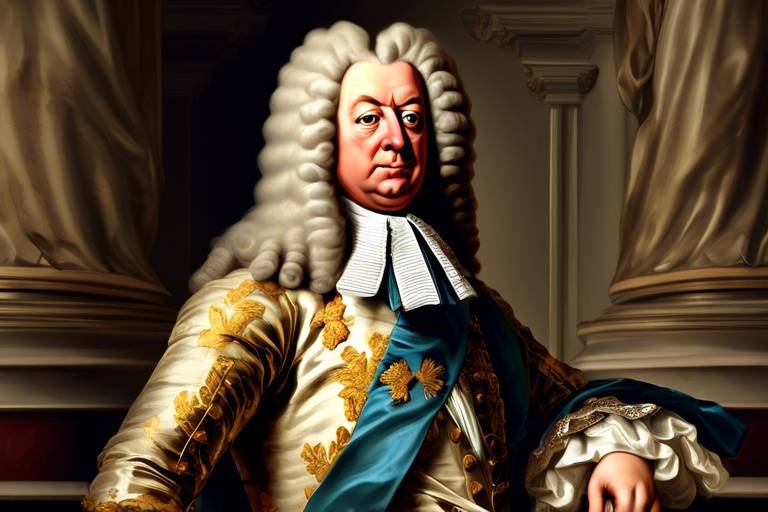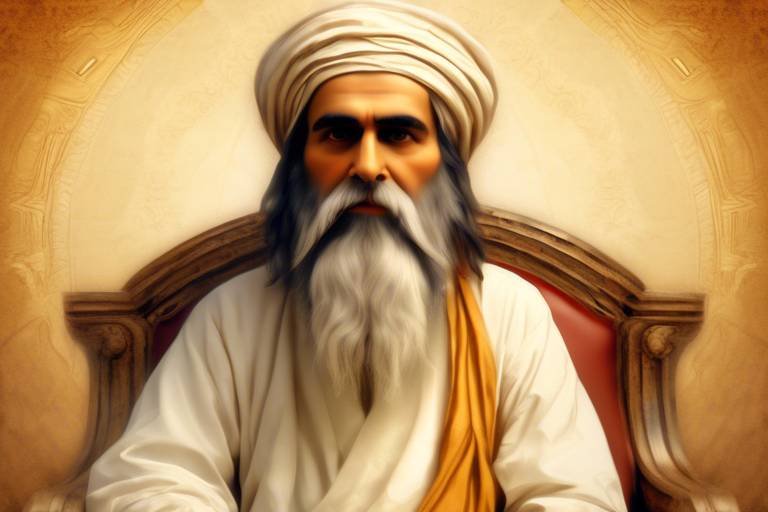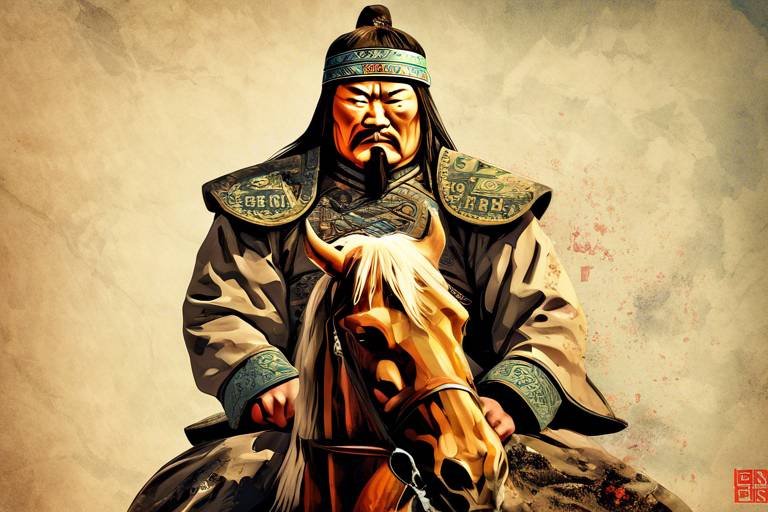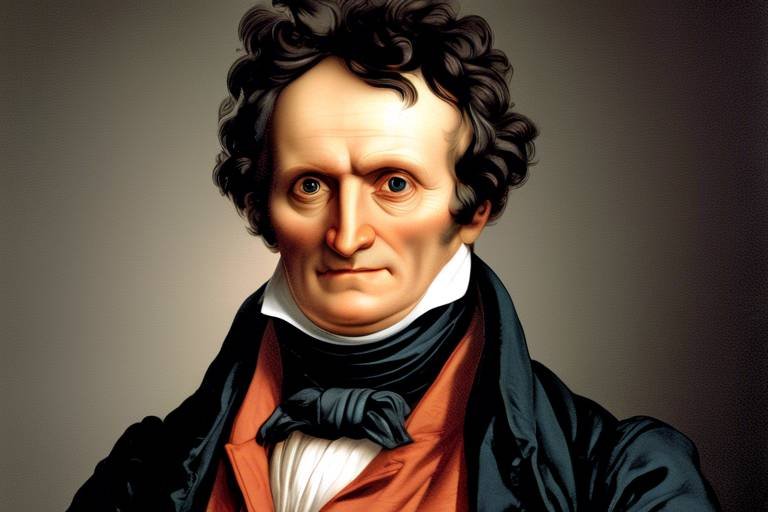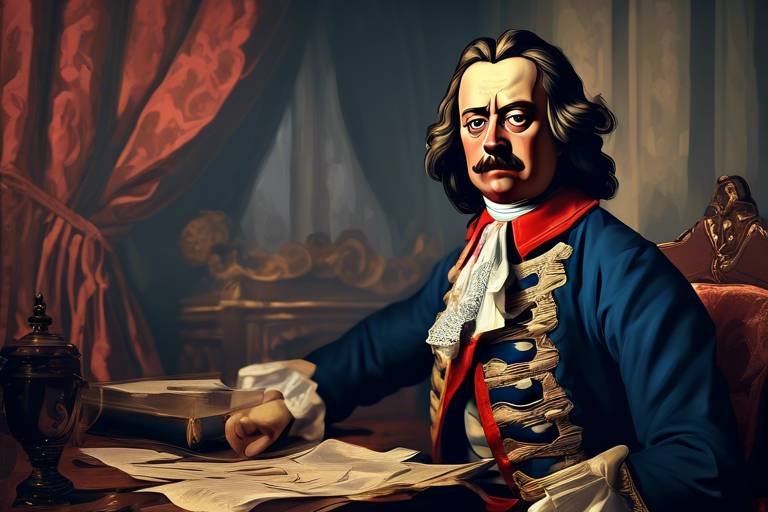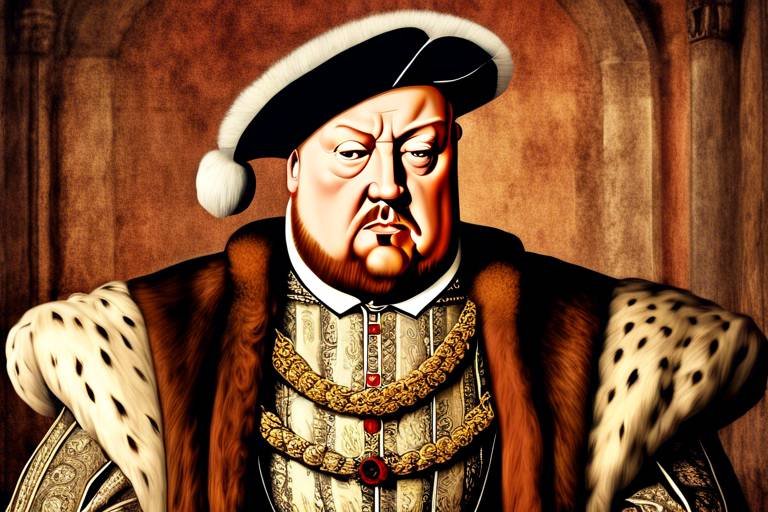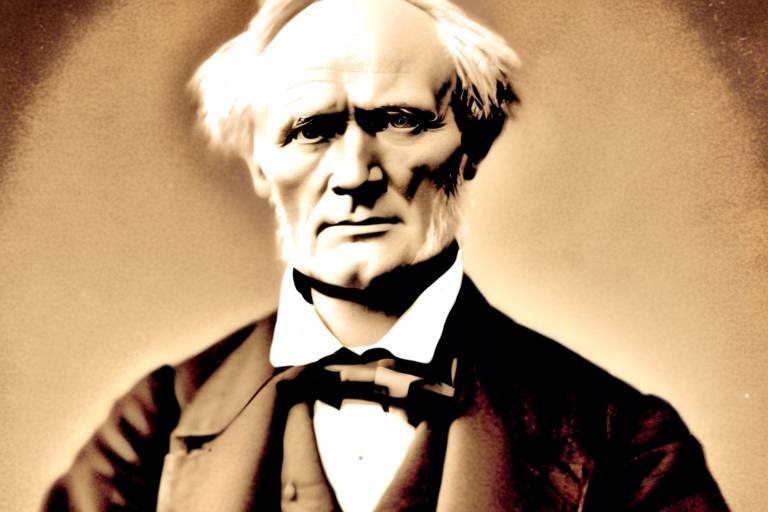Augustus II: The Strong Elector of Saxony
Augustus II, also known as Augustus the Strong, was a prominent figure in the history of Saxony. His reign as Elector of Saxony was marked by a unique blend of military prowess and cultural patronage, earning him the reputation of a powerful and influential ruler. Born into the noble House of Wettin, Augustus II's early life was characterized by a strong ambition for political power and a keen interest in military affairs.
His rise to power was a result of strategic alliances and shrewd political maneuvering, culminating in his election as Elector of Saxony. Augustus II's military campaigns and strategies were instrumental in expanding the territorial reach of Saxony and solidifying its position as a key player in European politics. His leadership on the battlefield was marked by bold decision-making and tactical acumen, earning him the title of "The Strong" among his contemporaries.
Aside from his military achievements, Augustus II was also a notable patron of the arts and architecture. He invested heavily in cultural endeavors, supporting the flourishing of Baroque art and architecture in Saxony. His grand architectural projects, such as the Zwinger Palace in Dresden, stand as enduring symbols of his cultural legacy.
Throughout his reign, Augustus II navigated complex diplomatic relationships with other European powers, forging alliances and engaging in rivalries to safeguard the interests of Saxony. His economic policies and reforms aimed at bolstering Saxony's economy and infrastructure, laying the groundwork for future prosperity and growth.
Augustus II's legacy in Saxony is profound, shaping the region's identity in the 18th century and leaving a lasting impact on its cultural, military, and economic development. His successors faced challenges in maintaining his legacy, leading to shifts in the dynamics within the Wettin dynasty and the future of Saxony.
Historiographical perspectives on Augustus II vary, with scholars offering different interpretations of his reign and legacy. Some highlight his military achievements and cultural contributions, while others critique his authoritarian rule and costly military campaigns. Regardless of differing views, Augustus II remains a significant figure in European history, leaving a complex legacy that continues to be debated and analyzed by historians.

Early Life and Rise to Power
Augustus II, also known as Augustus the Strong, was born on May 12, 1670, in Dresden, Saxony. His early life was marked by a strong interest in military affairs and a desire to expand his political influence. Augustus II's rise to power began when he was elected as the Elector of Saxony in 1694, following a series of strategic alliances and political maneuvers. His election marked the beginning of a significant chapter in Saxony's history, as he embarked on a mission to strengthen the region's position in Europe.
Despite facing initial challenges in consolidating his power, Augustus II proved to be a skilled politician and military leader. His ambitions extended beyond Saxony, as he sought to establish himself as a prominent figure in European politics. Through a combination of diplomatic negotiations and military campaigns, Augustus II solidified his position as a key player on the European stage.
One of the defining moments of Augustus II's early reign was his involvement in the Great Northern War, a conflict that pitted Sweden against a coalition of European powers. Augustus II's military campaigns during this period showcased his strategic acumen and leadership skills. His victories on the battlefield earned him a reputation as a formidable military commander and bolstered Saxony's standing in the region.
Augustus II's rise to power was not without its challenges, as he faced opposition from rival factions within Saxony and external threats from neighboring powers. However, his determination and political savvy enabled him to navigate these obstacles and secure his position as a respected leader in Europe.
Throughout his early life and rise to power, Augustus II demonstrated a unique blend of military prowess, political acumen, and cultural sophistication. His legacy as the Strong Elector of Saxony is a testament to his enduring impact on the region and European history as a whole.

Military Campaigns and Strategies
Augustus II, known as the Strong Elector of Saxony, was not only a formidable leader in politics and culture but also a skilled military strategist. His military campaigns and strategies played a crucial role in shaping his legacy and impact on Saxony and European history.
One of the defining aspects of Augustus II's reign was his military prowess, which he demonstrated through strategic planning and decisive actions on the battlefield. His campaigns were marked by a combination of diplomacy and military force, allowing him to expand Saxony's influence and power in the region.
Augustus II actively engaged in various military campaigns, including conflicts with neighboring states and participation in major European wars. His strategic alliances with other powers, such as Poland and Russia, enabled him to strengthen Saxony's position and protect its interests against formidable opponents.
One of the key battles fought during Augustus II's reign was the Great Northern War, where he allied with Russia against Sweden. This conflict showcased his ability to navigate complex political landscapes and lead successful military campaigns, ultimately securing territorial gains for Saxony.
Moreover, Augustus II's military strategies were not limited to traditional warfare but also included diplomatic maneuvers and negotiations to achieve favorable outcomes for Saxony. His ability to balance military might with diplomatic finesse allowed him to establish Saxony as a significant player in European politics.
In summary, Augustus II's military campaigns and strategies were instrumental in solidifying his reputation as a strong and capable leader. By effectively utilizing both military force and diplomatic tactics, he left a lasting impact on Saxony's military history and European geopolitics.

Patronage of the Arts and Architecture
Augustus II, Elector of Saxony, was not only known for his military achievements but also for his significant patronage of the arts and architecture. His support for cultural endeavors in Saxony played a crucial role in the flourishing of Baroque art and architecture in the region. Augustus II's passion for the arts led to the commissioning of magnificent works that still stand as a testament to his legacy.
One of the most notable examples of Augustus II's patronage is the Zwinger Palace in Dresden, a stunning architectural masterpiece that served as a hub for cultural activities and gatherings. The palace, designed by architect Matthäus Daniel Pöppelmann, reflects the grandeur and elegance of the Baroque style, showcasing Augustus II's commitment to promoting art and architecture in Saxony.
Furthermore, Augustus II's patronage extended to the renowned Meissen porcelain factory, which he established in 1710. This factory produced exquisite porcelain pieces that gained international acclaim and became synonymous with luxury and sophistication. Augustus II's support for the porcelain industry not only boosted the economy but also elevated Saxony's reputation as a center of artistic excellence.
In addition to architectural marvels and artistic ventures, Augustus II was a fervent collector of fine art, amassing a vast collection that included works by renowned artists such as Peter Paul Rubens and Rembrandt. His passion for art not only enriched his personal collection but also contributed to the cultural enrichment of Saxony, attracting artists and intellectuals from across Europe to the region.
Augustus II's patronage of the arts and architecture left a lasting impact on Saxony, transforming it into a cultural hub that rivaled other European centers of art and innovation. His legacy as a patron of the arts continues to be celebrated today, with many of the masterpieces he supported serving as enduring symbols of Saxony's cultural heritage.

Relationships with Other European Powers
Augustus II, known as "The Strong," navigated a complex web of diplomatic relationships with various European powers during his reign as Elector of Saxony. His strategic alliances and rivalries played a crucial role in shaping the geopolitical landscape of Europe in the 18th century.
One of Augustus II's most notable relationships was with Russia, where he formed a strong alliance with Tsar Peter the Great. This alliance not only strengthened Saxony's position in European politics but also facilitated cultural exchanges and military cooperation between the two nations.
On the other hand, Augustus II faced challenges in his relationship with Sweden, particularly during the Great Northern War. His ambitions clashed with the Swedish Empire, leading to conflicts and power struggles that significantly impacted the balance of power in Northern Europe.
In his dealings with the Ottoman Empire, Augustus II pursued diplomatic initiatives to secure trade routes and expand Saxony's influence in the East. These efforts aimed to bolster Saxony's economic interests and establish strategic partnerships in the region.
Furthermore, Augustus II's interactions with the Austrian Habsburgs and the French Bourbon monarchy were characterized by a delicate balance of power dynamics and shifting alliances. His diplomatic maneuvers sought to navigate the complex web of European politics while safeguarding Saxony's interests.
Overall, Augustus II's relationships with other European powers were marked by a mix of cooperation, rivalry, and strategic calculations that reflected the intricate tapestry of 18th-century diplomacy.

Economic Policies and Reforms
Augustus II, Elector of Saxony, implemented a series of economic policies and reforms aimed at bolstering the region's economy and infrastructure. His initiatives were designed to promote trade, industry, and commerce, fostering growth and prosperity in Saxony. One of his key reforms focused on modernizing the region's agricultural practices, increasing productivity and ensuring food security for the population. Augustus II also invested heavily in infrastructure development, such as the construction of roads and bridges, to facilitate trade and transportation within Saxony and beyond.
Furthermore, Augustus II implemented trade policies to stimulate economic activity and attract merchants to the region. By establishing favorable trade agreements and reducing tariffs, he aimed to make Saxony a hub for commerce and a center of economic exchange. These efforts not only boosted the local economy but also enhanced Saxony's position in the broader European trade network, increasing its influence and prosperity.
In addition to his focus on trade and infrastructure, Augustus II prioritized the development of industries in Saxony. He supported the growth of manufacturing sectors such as textiles, ceramics, and mining, providing incentives for entrepreneurs and artisans to establish businesses in the region. By fostering a conducive environment for industrial growth, Augustus II sought to create employment opportunities, stimulate innovation, and diversify Saxony's economy.
Moreover, Augustus II's economic policies included financial reforms aimed at stabilizing the region's fiscal situation and promoting investment. He introduced measures to regulate taxation, manage public finances efficiently, and encourage savings and investment in key sectors. By implementing sound financial practices, Augustus II aimed to ensure long-term economic stability and prosperity for Saxony.
Overall, Augustus II's economic policies and reforms played a significant role in shaping the economic landscape of Saxony during his reign. His strategic initiatives aimed at promoting trade, industry, and infrastructure development contributed to the region's growth and prosperity, laying the foundation for future economic success.
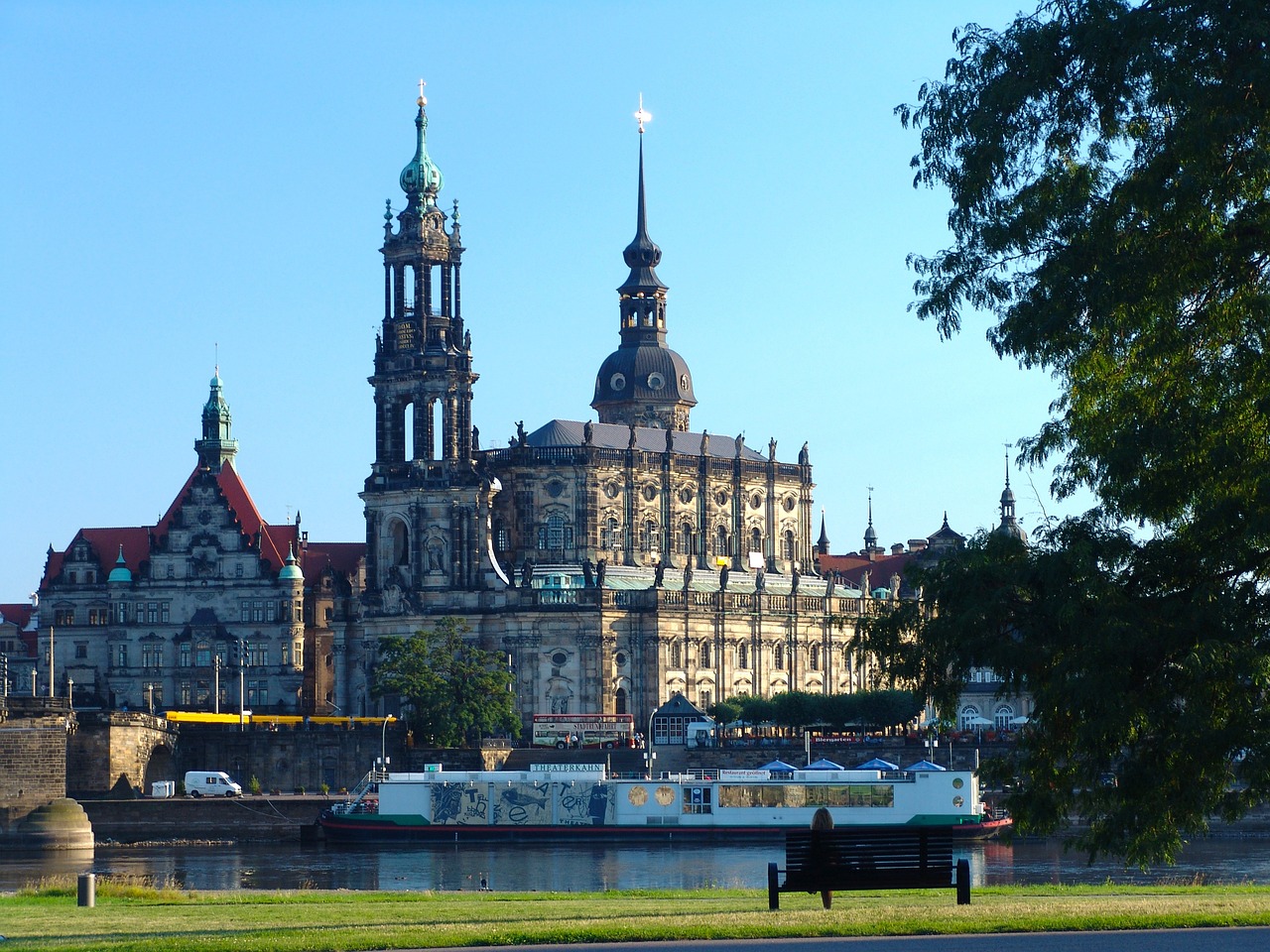
Legacy and Impact on Saxony
Augustus II, Elector of Saxony, left a profound legacy that significantly impacted the cultural, military, and economic development of Saxony in the 18th century. His reign marked a period of flourishing arts and architecture, with Augustus II's patronage supporting the growth of Baroque art in the region. The magnificent buildings and artistic masterpieces commissioned under his rule continue to stand as testaments to his appreciation for cultural endeavors.
Furthermore, Augustus II's military campaigns and alliances not only secured his position as Elector but also influenced the geopolitical landscape of Europe. His strategic decisions in warfare and diplomatic relationships with other European powers shaped Saxony's role in regional politics and conflicts. The alliances he forged and the battles he fought demonstrated his strength as a leader on the battlefield.
In terms of economic policies, Augustus II implemented reforms aimed at strengthening Saxony's economy and infrastructure. His initiatives to promote trade, industry, and commerce laid the foundation for future economic growth in the region. By investing in the development of key sectors, Augustus II set the stage for Saxony's prosperity in the years to come.
Augustus II's legacy extends beyond his own reign, influencing the trajectory of Saxony's future and the dynamics within the Wettin dynasty. His successors faced challenges in maintaining the achievements and advancements made during his rule, highlighting the lasting impact of his decisions on the region. The transitions that occurred after his reign reflected the legacy he left behind and the complexities of succession within the royal family.
Historians offer varied perspectives on Augustus II's reign, debating the significance of his achievements and the implications of his actions on European history. Through different historiographical lenses, scholars continue to analyze and interpret Augustus II's contributions to Saxony and his place in the broader context of European politics and culture.
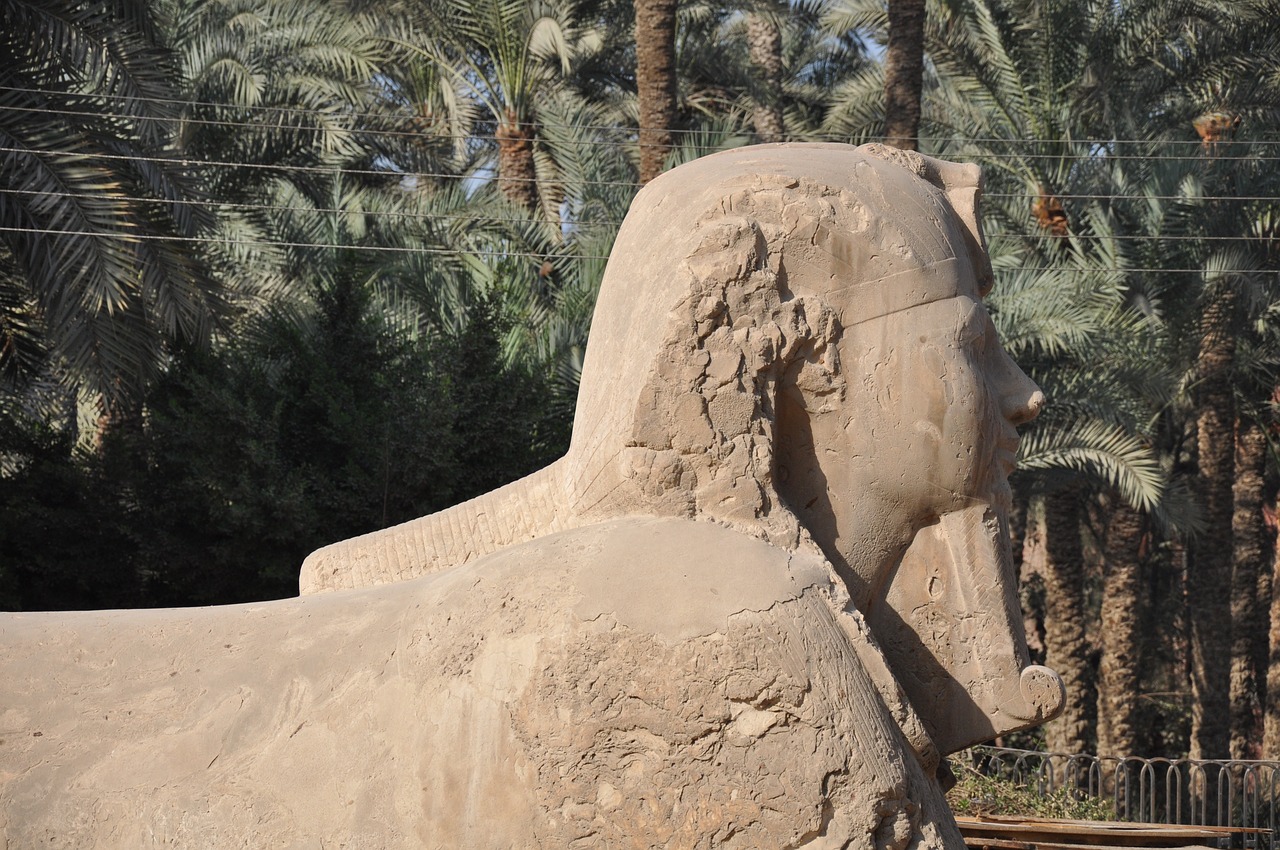
Succession and Family Dynamics
Succession and Family Dynamics were crucial aspects of Augustus II's reign as Elector of Saxony. After his death, his son, Augustus III, succeeded him to the throne, continuing the legacy of the Wettin dynasty. The transition of power within the family brought about significant changes in the political landscape of Saxony. Augustus III faced challenges in maintaining the stability and prosperity that his father had established during his rule.
Family dynamics played a significant role in shaping the future of Saxony. The relationships and rivalries within the Wettin dynasty influenced the succession process and the policies implemented by Augustus III. The intricate web of family ties and alliances determined the direction of Saxony's governance and its position in European politics.
Augustus II's relationships with his family members, particularly his son and other relatives, impacted the stability of the region. The succession process was not always smooth, leading to power struggles and conflicts within the Wettin family. These internal dynamics had far-reaching consequences on Saxony's political and economic well-being.
The succession of Augustus III marked a new chapter in Saxony's history, with changes in governance and policies reflecting the shifting dynamics within the Wettin dynasty. The legacy of Augustus II continued to influence the decisions and actions of his successors, shaping the course of events in Saxony for years to come.
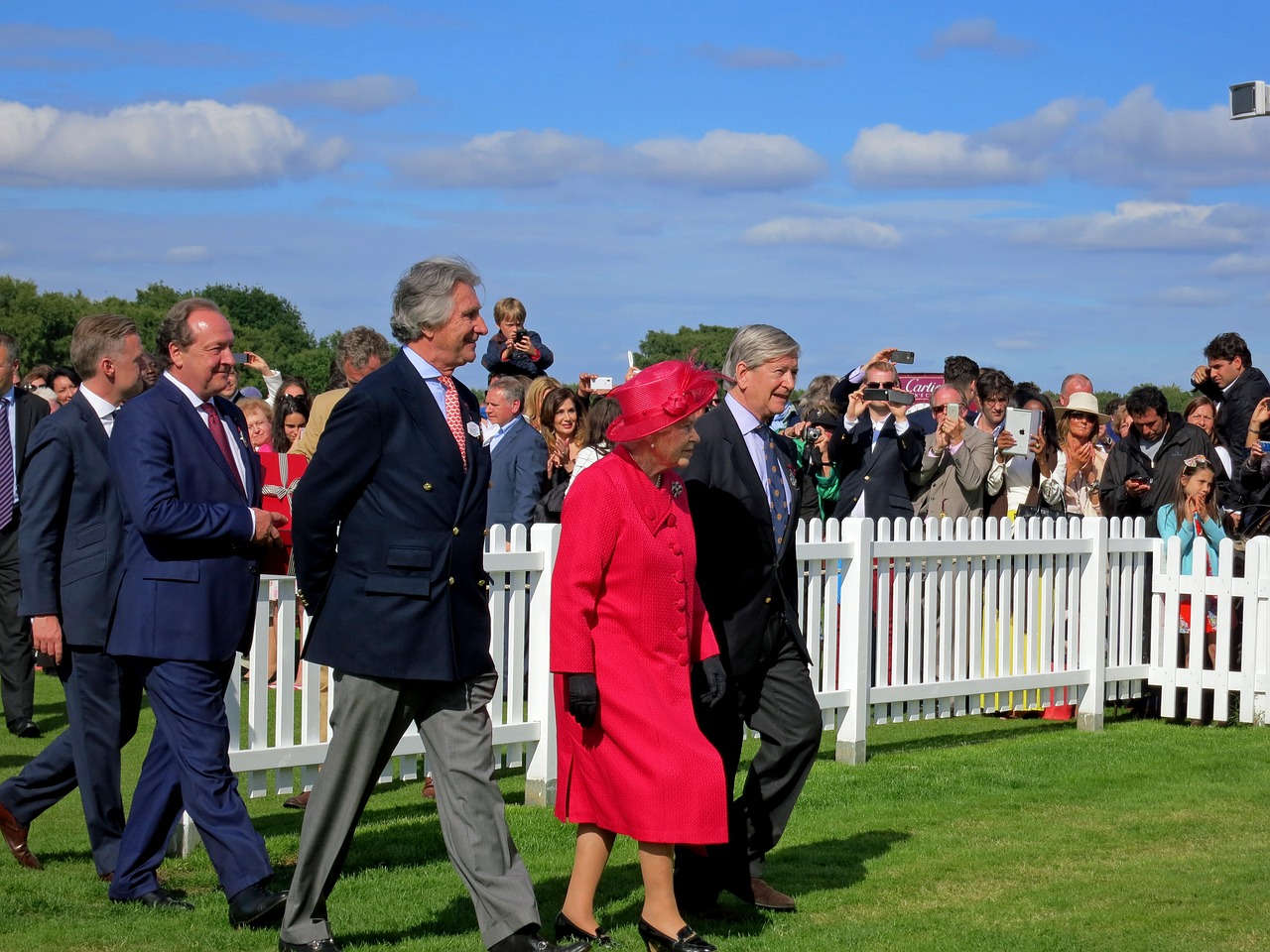
Historiographical Perspectives on Augustus II
When examining the historiographical perspectives on Augustus II, it becomes evident that scholars have presented varying viewpoints on his reign and legacy. Some historians laud Augustus II for his military achievements, diplomatic prowess, and patronage of the arts, portraying him as a skilled ruler who significantly contributed to the cultural and political landscape of Saxony. On the other hand, critics point to his authoritarian tendencies, extravagant lifestyle, and the financial burden his reign placed on the state. These contrasting interpretations highlight the complexity of Augustus II's legacy and the challenges in assessing his impact on European history.
Frequently Asked Questions
- 1. Who was Augustus II, Elector of Saxony?
Augustus II, also known as Augustus II the Strong, was the Elector of Saxony and King of Poland. He was a prominent figure in European history known for his military achievements and cultural contributions.
- 2. What were Augustus II's major accomplishments?
Augustus II was known for his military campaigns, patronage of the arts, and economic reforms. He strengthened Saxony's economy, supported the arts, and engaged in strategic military alliances during his reign.
- 3. How did Augustus II contribute to the arts and architecture?
Augustus II was a significant patron of the arts and architecture, supporting the flourishing of Baroque art in Saxony. He commissioned grand buildings and promoted cultural endeavors that left a lasting impact on the region.
- 4. What was the legacy of Augustus II on Saxony?
Augustus II's reign had a lasting impact on Saxony, shaping its cultural, military, and economic development. His contributions to the region's identity in the 18th century are still recognized today.
- 5. How is Augustus II viewed by historians?
Historians have varied perspectives on Augustus II, with interpretations of his reign ranging from praise for his accomplishments to criticism of his policies. Scholars continue to analyze his legacy in European history.

